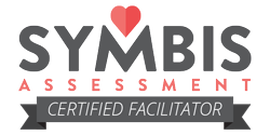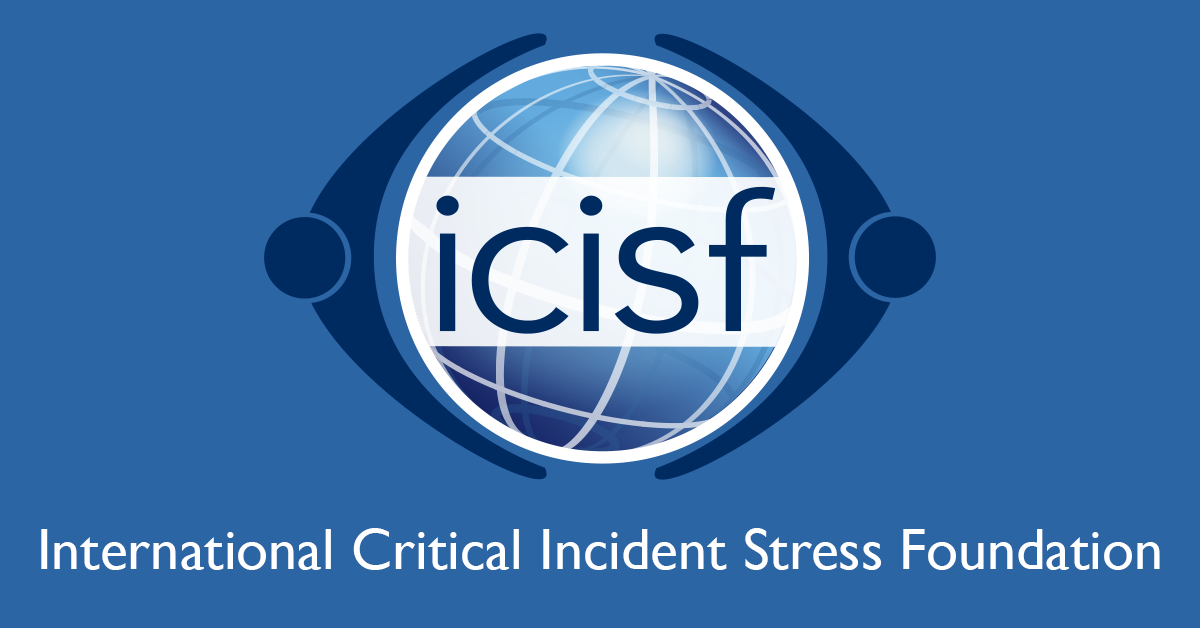What are some "fair fight rules" couples can use to cultivate healthy conflict resolution?7/16/2023 "Fair fight rules" are guidelines that couples can adopt to promote healthy and constructive conflict resolution. These rules create a framework for communication that encourages mutual respect, active listening, and a focus on finding resolutions rather than escalating conflicts. Here are some "fair fight rules" couples can incorporate:
0 Comments
When feeling overwhelmed with anxiety, practicing mindfulness can be a helpful tool for grounding yourself in the present moment and managing distress. Here are some specific mindfulness skills you can utilize:
Christian integration in mental health counseling refers to the incorporation of Christian principles, values, and beliefs into the therapeutic process. It recognizes the importance of spirituality and faith as integral aspects of an individual's well-being. Here are some potential benefits of Christian integration in mental health counseling:
Ultimately, Christian integration in mental health counseling offers an opportunity for individuals to explore the intersection of their faith and mental well-being, seeking a deeper understanding of themselves and finding support within their spiritual framework. In most cases, it is considered unethical for a mental health professional to allow parents to schedule counseling appointments for their adult children without a signed release of information. Here's why:
It is important for mental health professionals to carefully navigate these ethical and legal considerations and prioritize the well-being, autonomy, and confidentiality of their adult clients. What does a counseling release of information allow parents of adult children to do on their behalf? A counseling release of information, also known as a consent form or a HIPAA release, allows parents of adult children to access certain information and be involved in their child's counseling process. The specific permissions and limitations granted through a release of information can vary depending on the content of the form and the laws of the jurisdiction. Here are some common aspects typically covered by a release of information:
It's crucial to consult with the therapist or counseling agency regarding their specific policies and procedures for releases of information, as they may have additional requirements or limitations based on legal and ethical guidelines. Ultimately, the release of information allows parents to be involved in their adult child's counseling process within the boundaries agreed upon by all parties involved. If you have any questions regarding this specific issue, do not hesitate to contact Hayne Steen at [email protected]. In recent years, the importance of mental health has garnered significant attention, with a growing number of people seeking effective and innovative therapies to overcome emotional traumas and psychological challenges. One such therapeutic approach that has gained prominence is Eye Movement Desensitization and Reprocessing (EMDR) therapy. Developed in the late 1980s, EMDR has emerged as a powerful technique for addressing various mental health conditions, including post-traumatic stress disorder (PTSD), anxiety disorders, and depression. In this blog post, we will delve into the mental health benefits of EMDR therapy and explore how this unique approach can facilitate healing and personal growth.
Understanding EMDR Therapy: EMDR therapy is an integrative psychotherapy model that combines elements of cognitive-behavioral therapy (CBT), neuroscience, and bilateral stimulation to help individuals process and resolve traumatic experiences and distressing memories. The approach was initially developed by Francine Shapiro, who observed the natural healing potential of eye movements in reducing the intensity of negative emotions associated with traumatic memories. The Therapy Process: During an EMDR session, a trained therapist guides the individual through a structured series of steps that involve recalling distressing memories or triggering events while simultaneously engaging in bilateral stimulation techniques. This can include eye movements, taps, or auditory cues. These bilateral stimulations are thought to facilitate the reprocessing of traumatic memories and promote adaptive information processing within the brain. Mental Health Benefits of EMDR Therapy:
If you'd like to explore meeting with an EMDR therapist at Elbow Tree, email us at [email protected] or call us at (904) 559-1944. |
ELBOW TREEArchives
July 2023
Categories
All
|





 RSS Feed
RSS Feed














